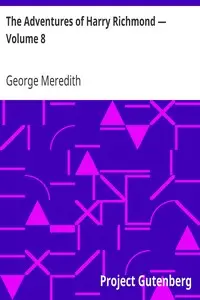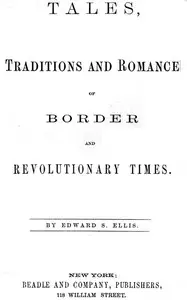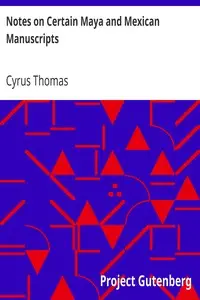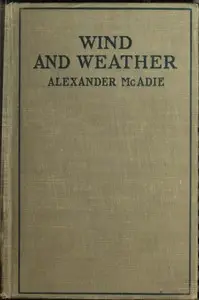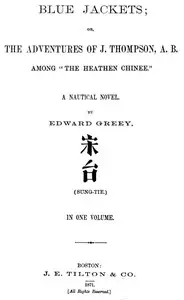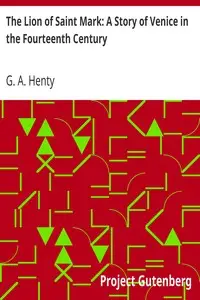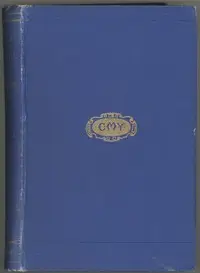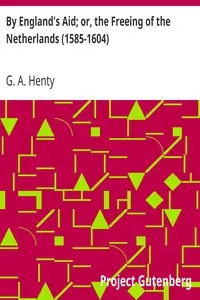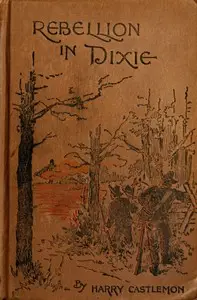"Vittoria — Volume 7" by George Meredith is a historical novel set in a tumultuous period of the mid-19th century, reflecting the conflicts of Italian independence. The narrative revolves around the character Vittoria, a passionate and determined woman deeply entwined in the struggle against Austrian rule in Italy, highlighting themes of love, betrayal, and the quest for freedom amidst war. The opening portion introduces a vivid scene of chaos and battle, showcasing Vittoria's strong emotional responses and her interactions with key characters such as Count Karl Lenkenstein and Pericles. As the fighting unfolds around her, we see Vittoria grappling with loyalty, love, and the harsh realities of war, particularly as she confronts the consequences of her actions and their impact on those she cares about. The turmoil of the conflict brings together a cast of characters, each with their own motives and histories, which entwine with Vittoria’s journey and reveal the larger stakes of the struggle for Italian liberation. (This is an automatically generated summary.)

Vittoria — Volume 7
By George Meredith
"Vittoria — Volume 7" by George Meredith is a historical novel set in a tumultuous period of the mid-19th century, reflecting the conflicts of Italian...
George Meredith was an English novelist and poet of the Victorian era. At first, his focus was poetry, influenced by John Keats among others, but Meredith gradually established a reputation as a novelist. The Ordeal of Richard Feverel (1859) briefly scandalised Victorian literary circles. Of his later novels, the most enduring is The Egoist (1879), though in his lifetime his greatest success was Diana of the Crossways (1885). His novels were innovative in their attention to characters' psychology, and also portrayed social change. His style, in both poetry and prose, was noted for its syntactic complexity; Oscar Wilde likened it to "chaos illumined by brilliant flashes of lightning". Meredith was an encourager of other novelists, as well as an influence on them; among those to benefit were Robert Louis Stevenson and George Gissing. Meredith was nominated for the Nobel Prize in Literature seven times.





